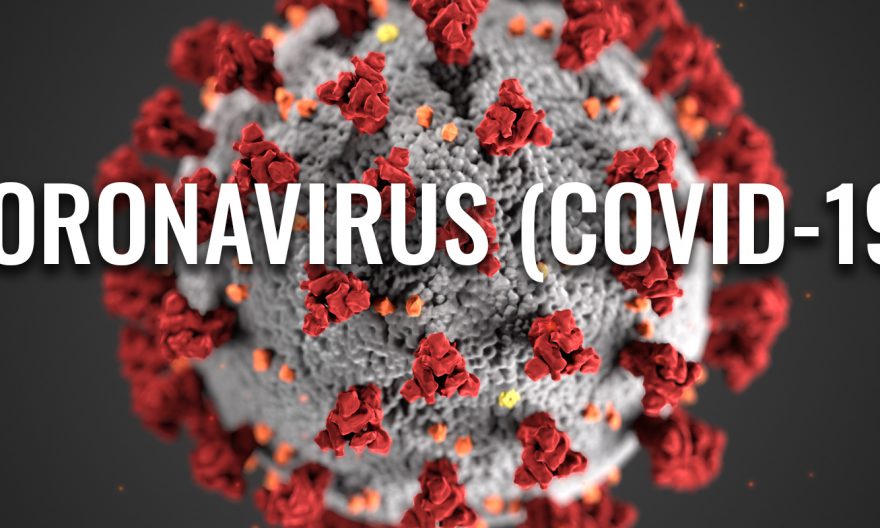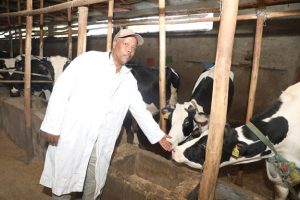
Day after day our screens are filled with harrowing images of hospitals overrun, lines of people waiting desperately for a hospital bed or oxygen for a loved one. As the number of cases keeps climbing, the threat inches ever closer to home, family members, colleagues, friends, and neighbours.
I feel so helpless right now, says Jessinda Mathew in his piece for the UNICEF. Helpless at my friends and colleagues looking for ICU beds and oxygen cylinders, but not finding any. The situation feels helpless and terrible. And also, tragically familiar.
“I still remember when my phone rang one afternoon in February 2020. It was my 75-year-old mother-in-law calling to say she was having difficulty breathing. My heart sank.”
I knew I had to get to her as quickly as possible but Visakhapatnam, a coastal town in southern India, was around 1400 kilometres from Mumbai, where I worked. The word COVID-19 hadn’t yet started to dominate everyone’s lives. We were only just beginning to hear about it, and I remember asking myself how this disease could make its way to my country, my town and to my own family like this.
I was still in denial when I embarked on the trip that week – one of the most exhausting of my life. We shuttled between hospitals and had to wrap our heads around multiple tests and medications. That was the first time we were really confronted with the hard reality of what the disease is all about.
At the time, wearing masks was still very new and people weren’t really taking it seriously. I can still hear the doctor’s voice in my ears reminding me to wear a mask when I was around my mother-in-law.
Thankfully, a combination of dedicated care, treatment and my mother-in-law’s strong will helped her beat the coronavirus and recover. It was a huge relief, and I returned to my duty station in Mumbai, where I confined myself at home for 14 days, in line with office protocols.
Who would have thought those 14 days at home would become months. On 24 March 2020, a national lockdown was declared. Everyone was left deeply uncertain about what was coming next. My college going children were worried about their exams; my husband and I were worried about how we would work from home. And we wondered how our parents, thousands of miles away, were going to manage on their own.
As anxious as we were, the scenes of migrant workers heading home – many on foot – were an early sign of how completely devastating this pandemic would prove to be for so many other families.
Our screens were filled with images of millions of migrant workers walking for hours, even days, with their children, carrying their whole life in cloth bags, often barefoot and with minimal water despite the scorching heat.
In the hardest India, children are losing parents and caregivers. Pregnant women are struggling to find support to give birth. There’s not enough oxygen for patients and tests are running out. India is in the grip of a ferocious second wave of COVID-19. This is how you can help save lives.
A deadly surge in COVID-19 cases is placing an enormous strain on health and critical care facilities in India. This second wave of the pandemic is larger and spreading more rapidly than the first, and is leaving vulnerable families paying a particularly steep price. The latest surge is also affecting more people across age groups including children and infants.
UNICEF and partners are doing everything they can to keep children and their families safe and healthy. UNICEF has provided oxygen supplies and other critically needed emergency equipment to support the immediate response, while also supporting resilience-building against recurrent shocks and stresses to the health system that leave children and their families at risk.
Working with partners, UNICEF has sent additional critical lifesaving supplies, including 2 million face shields and 200,000 surgical masks, to keep frontline workers safe as they work around the clock responding to the surge in cases.
UNICEF has supplied COVID-19 testing machines, which form a crucial part of the response to the pandemic. UNICEF is also supporting the procurement and installation of 25 oxygen plants for hospitals in the northeast and in Maharashtra.
UNICEF and partners are continuing to support the Government of India in the acceleration of its national vaccine rollout to equitably reach all population groups.
UNICEF has continued to provide support to the Government of India and its partners in the implementation of the COVID-19 vaccine communication strategy across the country, intensifying community engagement and social mobilization.
Vials of the COVID-19 vaccine have to be carefully packed at cold temperatures to ensure they remain effective when administered, part of the so-called cold chain – a series of precisely coordinated events in temperature-controlled environments to store, manage and transport these life-saving products. UNICEF and partners have procured special refrigerators as part of cold chain strengthening and COVID-19 vaccine introduction in India.
While providing urgent support to the healthcare system, UNICEF has also been assisting the Government of India in ensuring critical services for the most vulnerable children continue functioning. For example, UNICEF is providing technical support to the government and partners to help ensure that 12.3 million children across 17 states are able to continue learning from home.
Since the start of the pandemic, UNICEF has been working with partners in India to help stop the spread of COVID-19, including by sharing information with more than 660 million people on how to stay safe from the coronavirus.
UNICEF has consistently worked to counter misinformation and promote COVID-19 appropriate behaviours, including wearing masks, physical distancing, and handwashing. New multimedia content is produced weekly in multiple languages for broadcast on digital channels and media, especially at the state level.
The latest surge is having dire consequences for children whose access to essential health, social, protection and education services is being constrained. Children are facing mental health issues and are at greater risk of violence as lockdowns shut them off from their vital support networks. They are missing out on lifesaving routine immunizations, critical care and treatment for pneumonia and other diseases.
UNICEF needs $21 million for the urgent delivery of additional testing equipment, supplies and oxygen products in India, and more than $50 million for lifesaving COVID-19 interventions across sectors.
COMPILED BY HAFTU GEBREZGABIHER
The Ethiopia Herald May 14/2021


